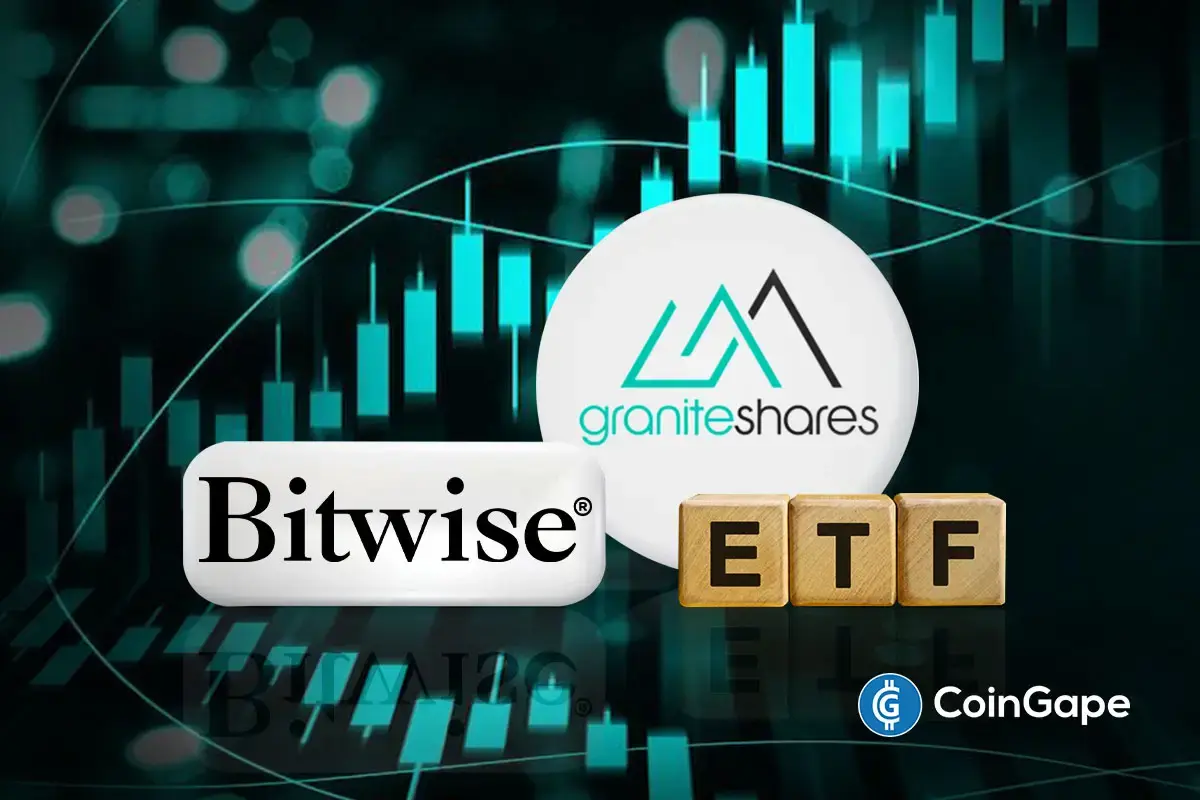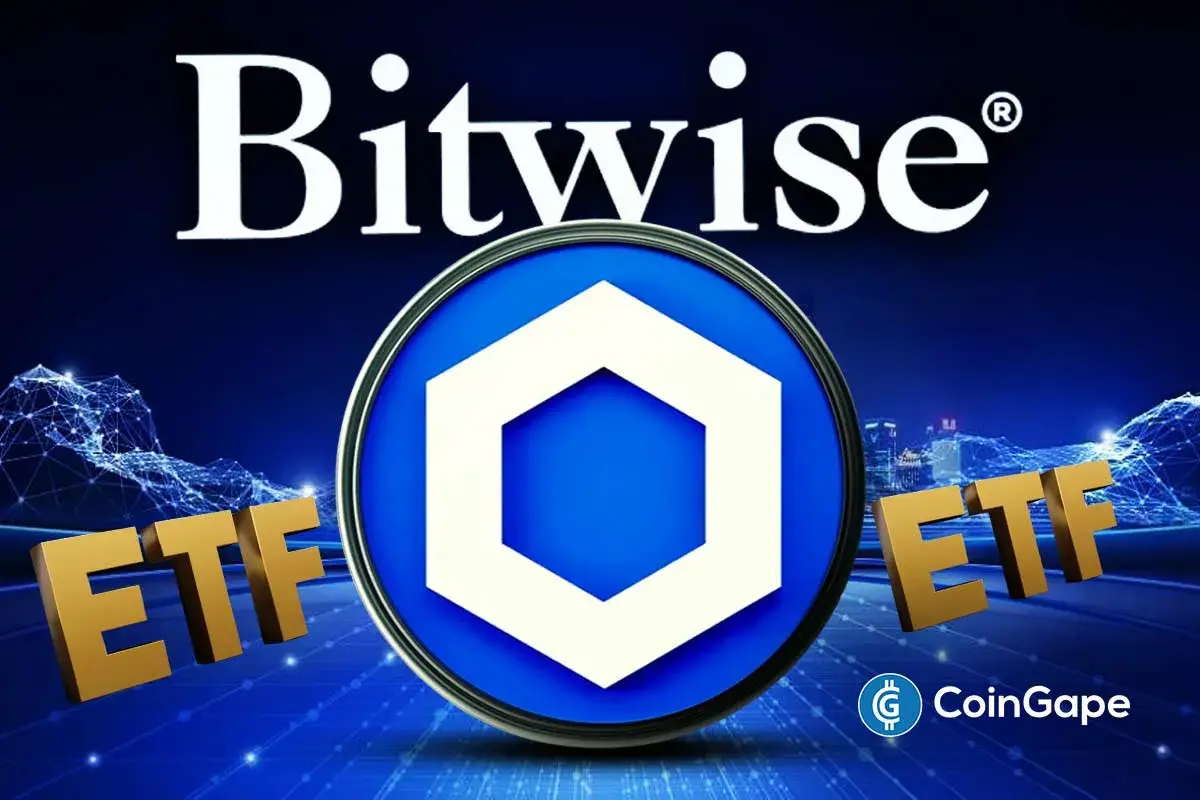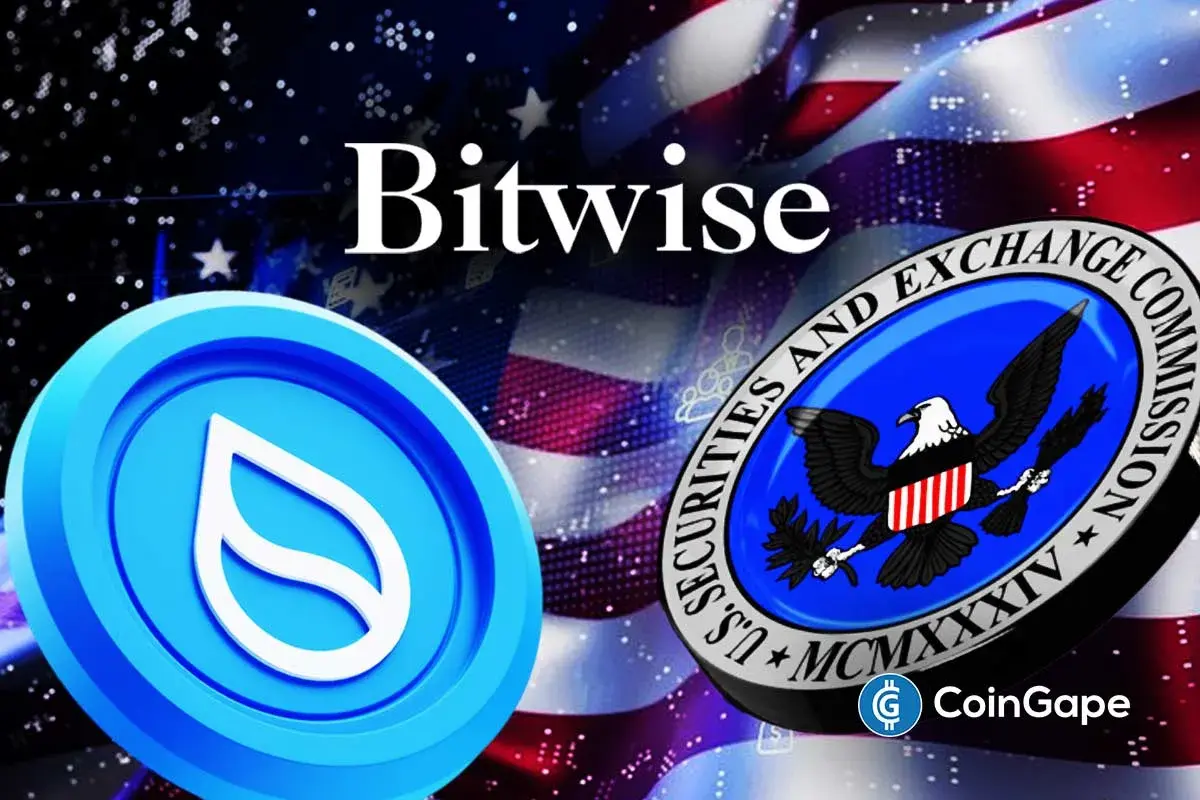Just In: Solana ETF Issuers Amend S-1 Forms Following SEC’s Directive

Highlights
- Solana ETF filings amended to allow staking through Coinbase Custody trust accounts.
- Bitwise, Canary enable passive income via staking rewards in Solana or cash.
- Grayscale joins Solana staking ETF trend, adds 2.5% fee in amendment.
Bitwise, Canary, and Grayscale have updated their Solana ETF filings with an important new feature: staking. These amended S-1 documents now include language that allows the funds to participate in staking activities using the Solana held in custody.
Staking Rewards in Bitwise and Canary Solana ETFs Enables Passive Income
This change introduces the opportunity to earn extra income through staking rewards, either in the form of Solana or cash.
Per an instruction from the SEC, the Canary and Bitwise filings confirm that Solana will be held in designated “Trust Staking Accounts.” The language clearly states that the Solana in these accounts “permits the Solana held therein to be staked.” This opens the door for the ETF to earn staking rewards, which are described as income to the trust. Those earnings could increase the net asset value of the fund and benefit shareholders over time.
The Bitwise and Canary filings also note that part of the rewards earned through staking may be paid directly to the Trust. These rewards may be in additional Solana tokens or in cash. This offers investors a potential benefit without requiring them to manage staking themselves. This Solana ETF handles everything through Coinbase Custody, which manages the SOL tokens in secure accounts.
Grayscale’s Solana ETF Amendment Signals New Era of Yield-Generating Crypto Funds
Grayscale is following the same path. Its latest amendment includes language that allows staking “but only if” certain conditions are met. This clause refers to a “Staking Condition” that must be satisfied before the trust can participate. Once the condition is met, the trust may engage in staking subject to additional rules.
Grayscale’s update also includes a management fee of 2.5%, which was disclosed in the same filing. That fee is significant, especially when compared to traditional ETFs. But for some investors, the ability to gain staking exposure through a regulated fund could justify the cost.
These amendments represent a shift in how spot crypto ETFs are being structured. They’re no longer just about price tracking. They’re starting to include features that allow for more active participation in the network.
By allowing staking, these Solana ETFs aim to reflect more of what SOL holders can do with their tokens. It introduces a yield component into the ETF structure without requiring investors to understand technical details. That could appeal to traditional investors who want exposure to Solana’s full potential.
If approved, these ETFs would be among the first in the U.S. to include staking. The expectation of a filing might explain the movement of $628 million in SOL between unknown wallets earlier today.
Solana price trades at $145.2, down 5.13% in the last 24 hours.
Play 10,000+ Casino Games at BC Game with Ease
- Instant Deposits And Withdrawals
- Crypto Casino And Sports Betting
- Exclusive Bonuses And Rewards

- CFTC Chief Mike Selig Signals US Crypto Perpetual Futures Rollout in Coming Weeks
- Fed Rate Cut Odds Drop as Inflation Fears Rise Due To U.S. Iran Conflict
- Here’s Why Tether Gold (XAUt) Price Is Falling Even With Growing Gold Demand
- XRP News: Ripple Expands Payments Platform To Unify Fiat and Stablecoins Globally
- U.S.–Iran War: Bitcoin Price Extends Decline as Oil Prices Surge To Two-Year High
- Gold Price Prediction March 2026: Rally, Crash, or Record Highs?
- RIOT Stock Prediction as Needham, Piper Sandler Slash Target After Earnings
- Cardano Price Outlook As Charles Hoskinson Warns Over CLARITY Act
- Circle Stock Price Climbs 15% to $96, Can Rally Continue in March 2026?
- Bitcoin Price Prediction as US-Iran War Enters 4th Consecutive Day
- Top 5 Historical Reasons Dogecoin Price Is Not Rising

 Buy $GGs
Buy $GGs

















